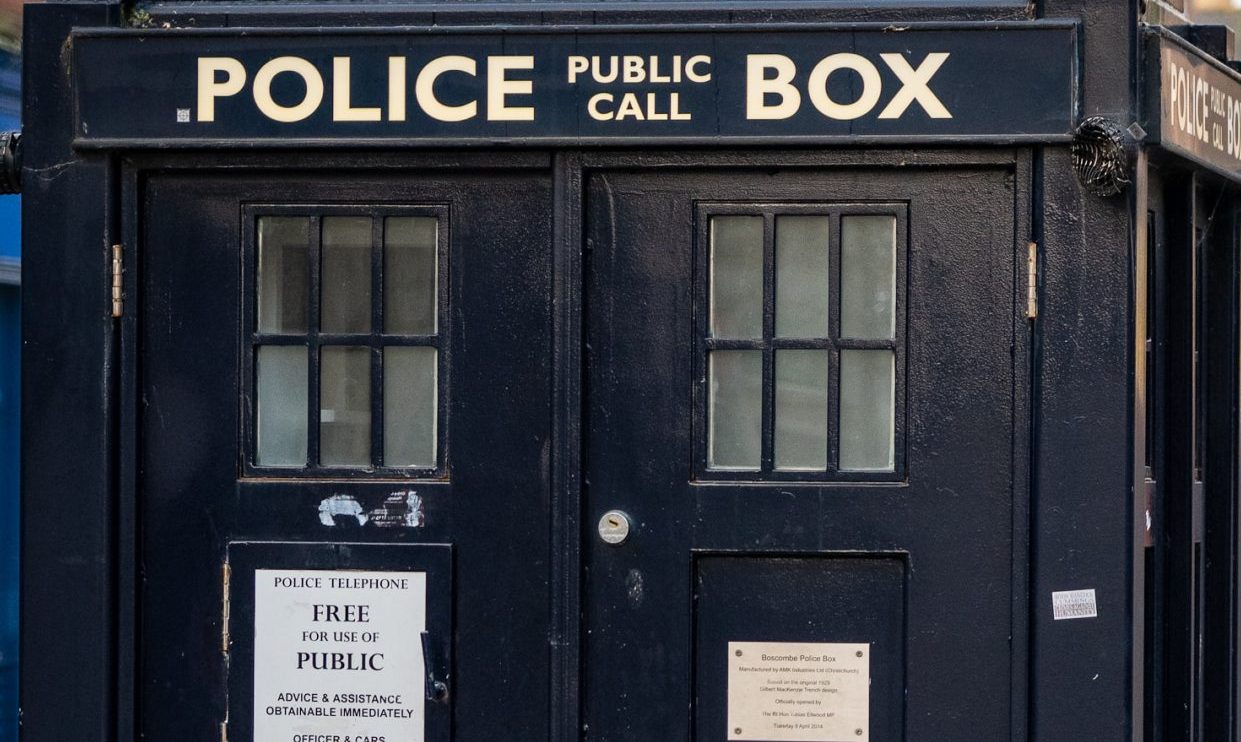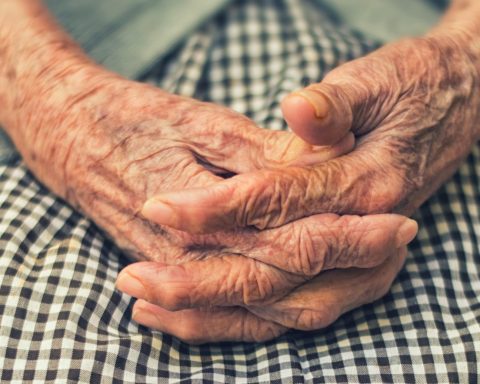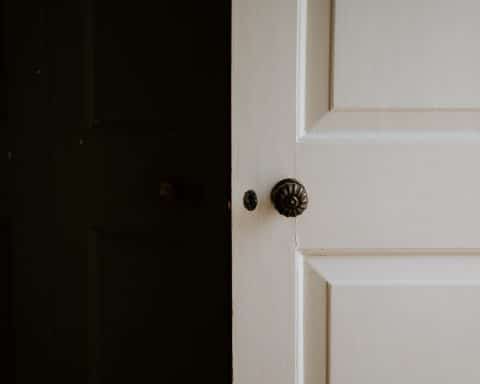Agalya Ramanathan (@AgalyaRamanath1) is a salaried GP in South West London and Clinical Teaching Fellow at Imperial College London. She is on Twitter: @AgalyaRamanath1
Eleanor Southgate is an Academic Clinical Fellow at Queen Mary University of London and GP-trainee in Tower Hamlets, London. She is on Twitter: @_elsouth
Sarah Pocknell is an Academic Clinical Fellow at Queen Mary University of London and GP-trainee in Tower Hamlets, London. She is on Twitter: @sarah_pocknell
Scanning each day’s appointment list, we think: “How many will be suitable for the RCA?”; “How many presentations are sufficiently complex, but manageable in 12 minutes?”; “Will these allow us to demonstrate all of the assessed skills?”
Half of the booked appointments are follow-ups; some are patients requesting a female doctor for intimate examinations; many require interpreters; none of these are suitable for the exam. We’ve asked receptionists to avoid booking these ‘types’ of consults with us, but it is difficult when patients might face a longer wait or ask to see a familiar face. Some patients decline recording. We record two consultations: one is unusable because of poor phone signal; in the other, the patient goes ‘off-piste’ to ask about old blood tests. Patients do not always disclose “hidden agendas”; many are not accustomed to sharing their expectations. We are reminded that these are real patients and not actors. We resort to seeing extra patients during academic time or our own time. Some of us pay for extra childcare to do so.
This is a snapshot of our experience of the MRCGP recorded consultation assessment (RCA). It highlights some key issues that we hope the RCGP will consider in the future iteration of the MRCGP assessment.
In our opinion, the exam necessitates a consultation style best suited to an affluent, health-literate population with specific expectations of healthcare.
It is well established that assessment shapes learning.1 Listening to our recordings with our trainers provided helpful reflections on our consultation skills. However, the consultation approach required for the RCA excludes many of the consultation skills we use daily. Follow-up consultations are deemed less likely to demonstrate competence, yet these help us develop invaluable skills such as providing continuity of care, managing uncertainty in patients with normal test results or where treatment has not helped. Continuity of care is a cornerstone of General Practice and impacts patient outcomes,2 but this is not incorporated into the assessment.
In our opinion, the exam necessitates a consultation style best suited to an affluent, health-literate population with specific expectations of healthcare. Most simulated patients we encountered in the Fourteen Fish RCA revision package, created by an MRCGP examiner, are white, male and able to clearly articulate their problems and expectations. Candidates working in areas with greater deprivation and diversity may struggle to find patients ‘appropriate’ for the RCA: a high proportion need interpreters; many have multiple needs and require more time; low health literacy impacts on patients’ ability to articulate expectations or engage in shared decision making.3 Dr Margaret Ikpoh, in discussing the future of General Practice during a House of Commons Health and Social Care Committee meeting,4 stated that International Medical Graduate trainees, who make up 47% of GP trainees, often work in deprived areas. Is this contributing to differential attainment?5,6
We argue that the RCA has a significant impact on trainee wellbeing that is unique from the CSA.
We must also consider the impact on practices and patients. Practices are under immense pressure. It can be difficult to allow trainees extra time to record. Additionally, asking colleagues to see our follow-up patients feels unfair to both colleagues and to patients, when we know the importance of continuity of care.
We argue that the RCA has a significant impact on trainee wellbeing that is unique from the CSA. We felt that the exam consumed each day, reducing our enjoyment of work. It also impacted our training, by narrowing the type of consultations we sought out. We feel that there is significant variation in support from trainers and practices, despite RCGP guidance.
The RCA was created during a crisis and a new assessment is under development. The College states this will be “robust, reliable and reflect the realities of modern general practice”, and “delivered in a way which is equitable for all trainees”. We welcome this ambition and suggest that the RCGP should prioritise the following:
- Action to address differential attainment: invite experts in this area to propose feasible, evidence-based solutions.
- Acknowledgement of diversity in approaches to consulting: ensure that the assessment is representative of the range of clinical encounters and rewards inclusion of complexity, continuity and cultural competence.
- Involvement of stakeholders in development and piloting of the new assessment, including patients, trainees and trainers who reflect the diversity of the UK’s population.
There is an awareness that GPs need to function as ‘expert medical generalists,’ who are ‘fit for the future’ of UK General Practice. The MRCGP examination must be designed to reflect this.
References
- Boud, D. Assessment and learning: contradictory or complementary? In: Knight P, editor. Assessment for Learning in Higher Education. London: Kogan; 1995. p. 35-48. Available at: https://www.researchgate.net/publication/245507894_Assessment_and_learning_Contradictory_or_complimentary.
- Sandvik, H. et al. (2022) ‘Continuity in general practice as predictor of mortality, acute hospitalisation, and use of out-of-hours care: a registry-based observational study in Norway’, The British journal of general practice: the journal of the Royal College of General Practitioners, 72(715), pp. e84–e90. doi: 10.3399/BJGP.2021.0340.
- Watt, G. (2011) ‘Patient encounters in very deprived areas’, The British journal of general practice: the journal of the Royal College of General Practitioners, 61(583), p. 146. doi: 10.3399/bjgp11X556380.
- House of Commons Health and Social Care Committee. Oral evidence: The future of General Practice, HC 113; 2022 June 14; London, UK. Available from: https://committees.parliament.uk/oralevidence/10397/pdf/
- https://www.rcgp.org.uk/training-exams/mrcgp-exam/mrcgp-recorded-consultation-assessment.aspx. (Accessed 25 May 2022.)
- https://www.gponline.com/perfectly-good-trainees-lost-revamped-gp-exam-deepens-inequality-lmcs-warn/article/1715778 (Accessed 28 July 2022.)
Featured photo by Nick Fewings on Unsplash






